

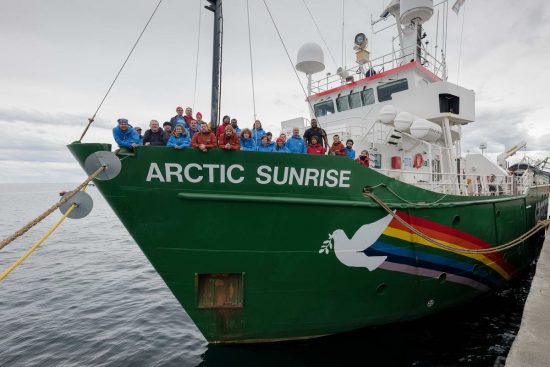
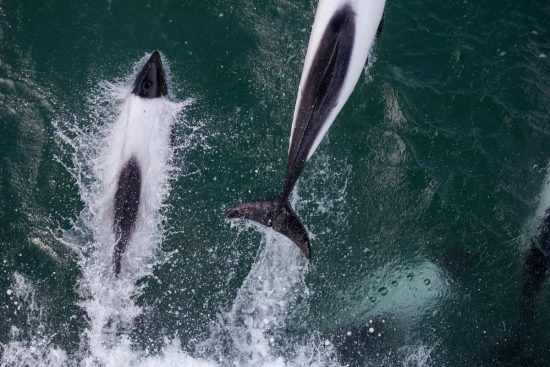
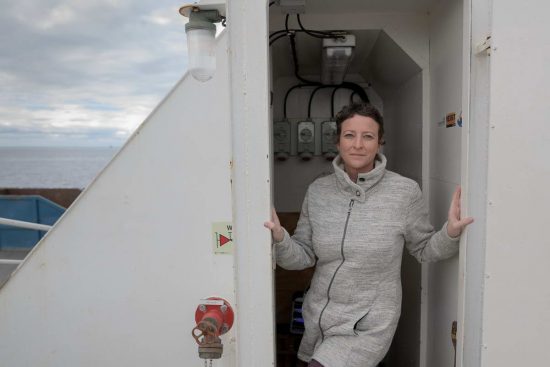
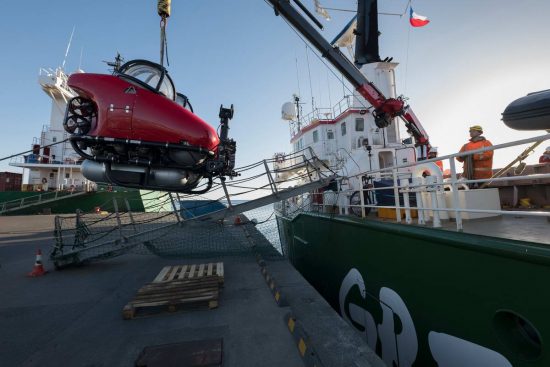
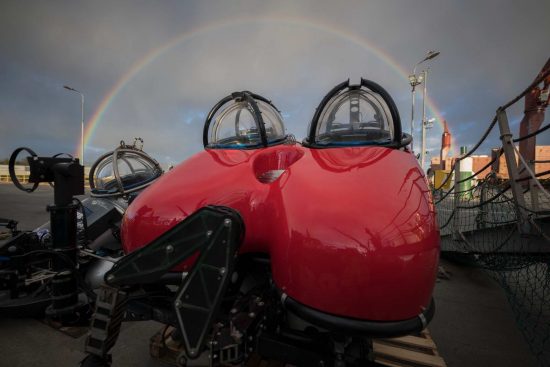
Expedition to provide further arguments for the world's largest marine protected area
Greenpeace will explore previously barely known regions in the Antarctic Weddell Sea in the coming weeks, travelling with the expedition ship Arctic Sunrise. Under the guidance of Antarctic researcher Dr. Ing., Susanne J. Lockhart will arrive at the ship in the northern Weddell Sea in the course of the week. Lockhart is accompanied by the German Greenpeace marine expert Sandra Schöttner.
For the first time, manned submersibles deployed to depths of hundreds of metres will be used to collect scientific data to explain why the habitat must be protected. The researchers hope to discover unknown species and particularly natural features that require protection such as deep sea sponges and corals on the seabed.
Background Information
This fall, the CCAMLR (Commission for the Conservation of Antarctic Marine Living Resources) will decide on a possible protected area in the Weddell Sea. Covering about 1.8 million square kilometres, it will be the largest marine protected area in the world. The proposal was submitted by the previous German Federal Government together with the European Commission.
Commercial fishing poses a threat to species in the Weddell Sea. Global warming is progressively melting the Antarctic ice masses and attracting industrial krill fishermen into previously inaccessible regions. However, krill is essential for the survival of the penguins, whales and seals in the area. "As a precaution, we must preserve the unique ecosystems of the Antarctic and protect the Weddell Sea," said Schöttner in German. Greenpeace calls for countries with strong fishing interests such as Norway, China, South Korea and Japan to back this proposal.
More information: www.greenpeace.de
 Herbert
Herbert 19th January 2018
19th January 2018